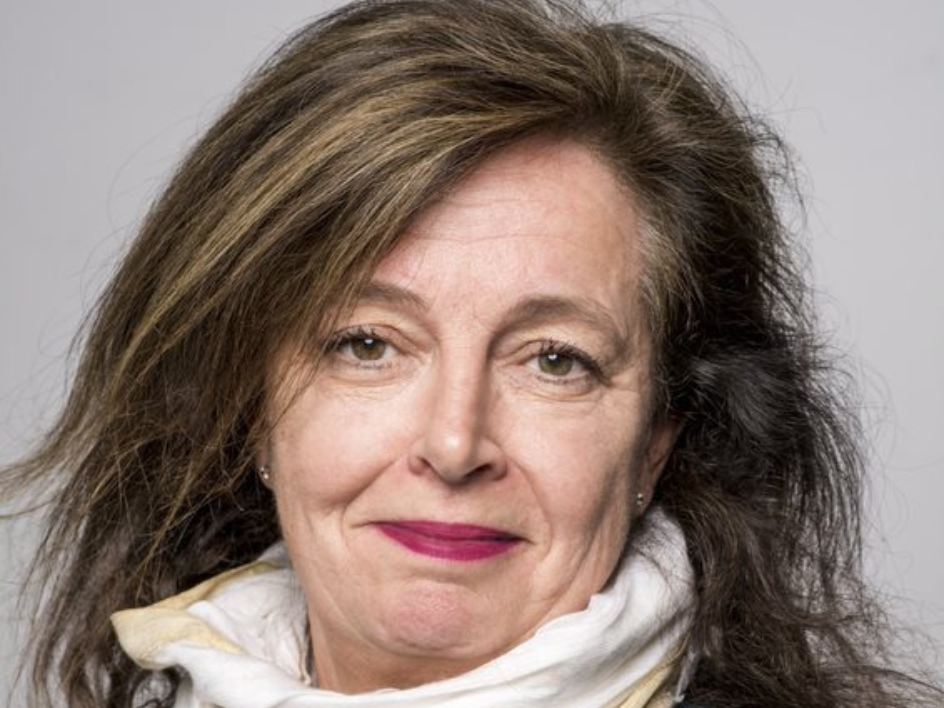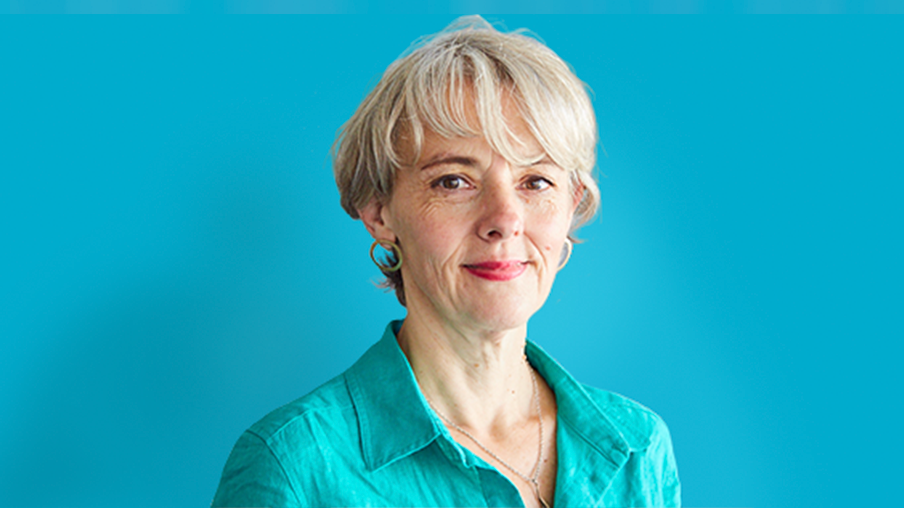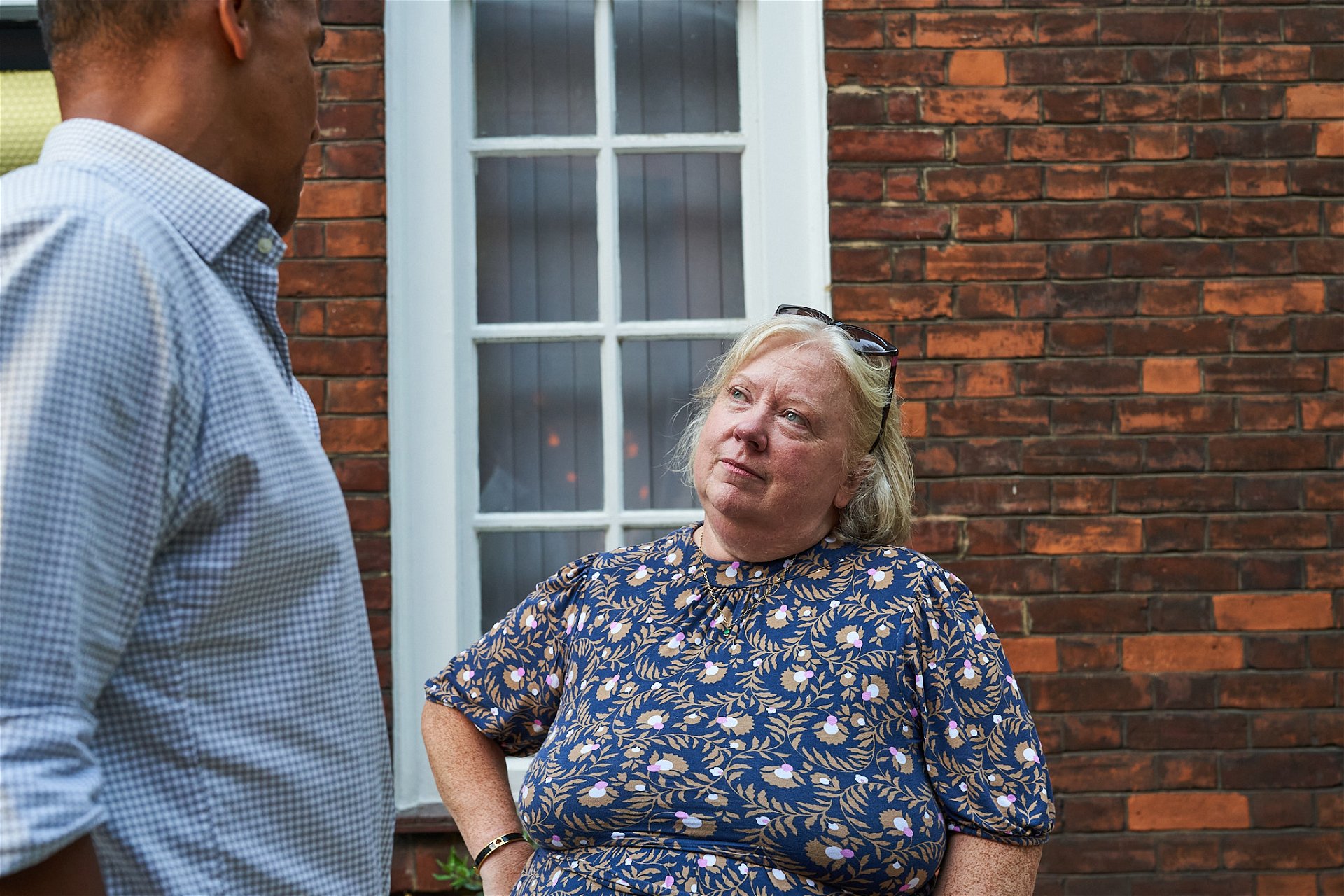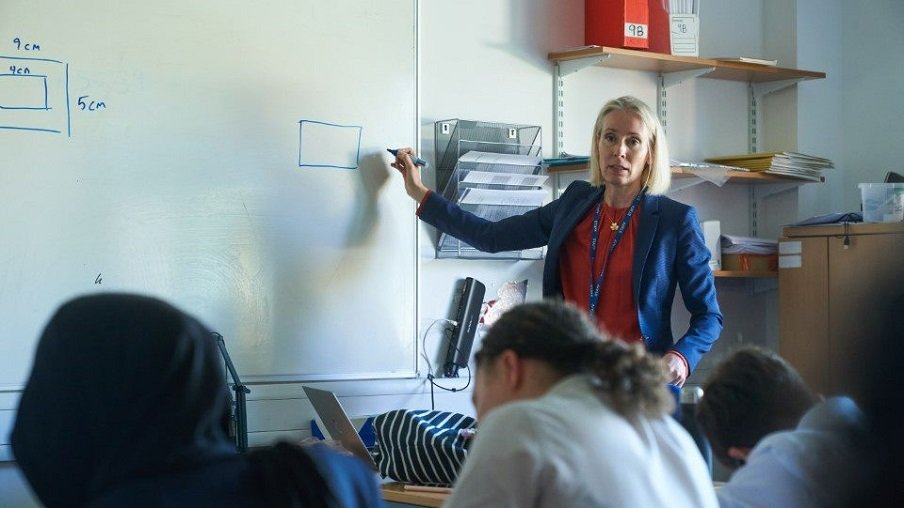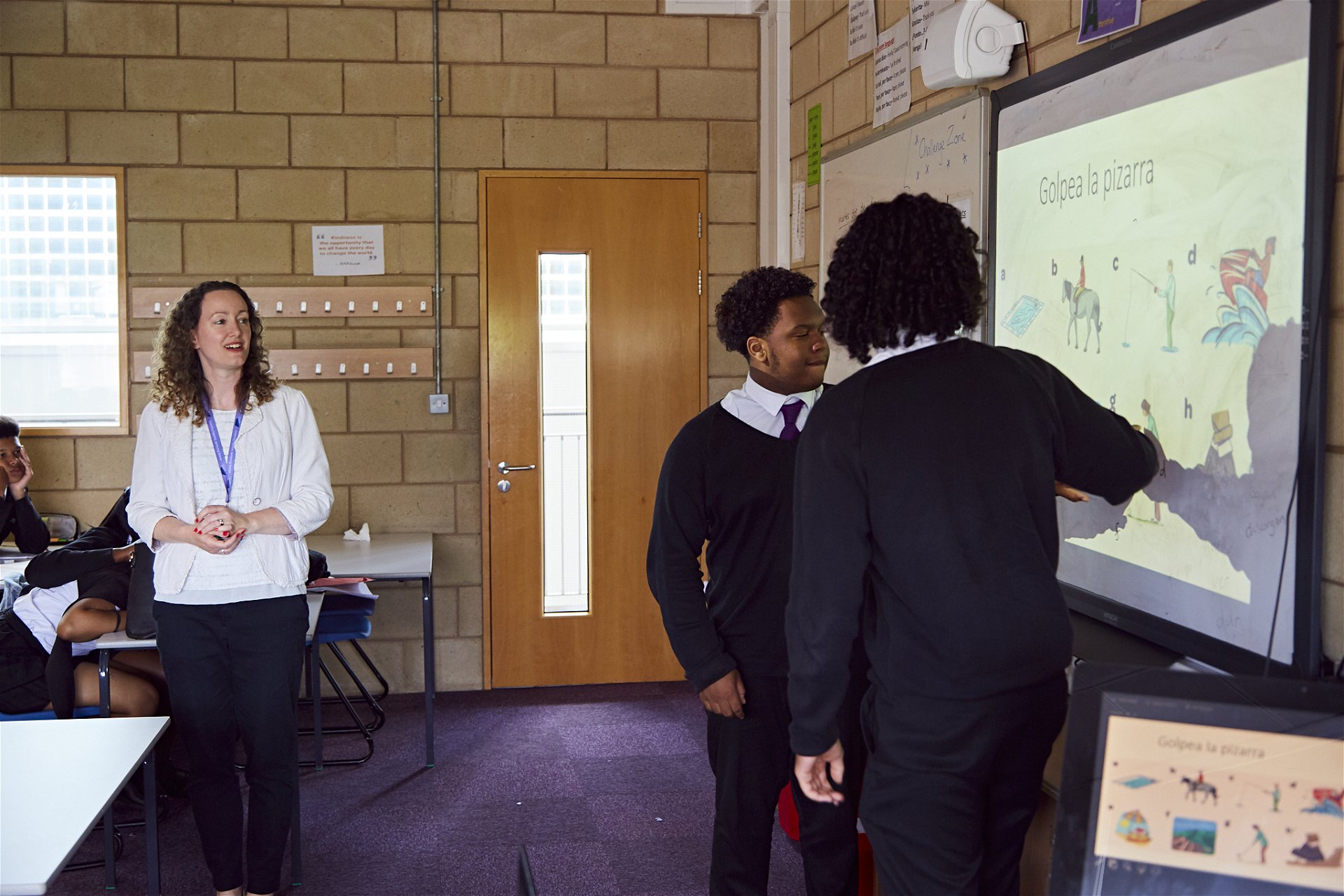
Cohort: September 2018
Where: Sackville School
Subject: French and Spanish
At 51, I was diagnosed with the neurological condition attention deficit hyperactivity disorder (ADHD). This made me look back at my career choices and I realised I wanted to find a job that gave back in some way. I’d been a lifestyle editor on The Times and then a freelance journalist and author after I had twin boys.
A lightbulb moment
I’d started teaching cookery to teenage mums for a charity when I heard a rabbi on Radio 4’s Thought for the Day. He was talking about Now Teach and how they were looking for older people who had graduated in languages and wanted to become teachers. I had a degree in Russian and it hit me over the head like a frying pan. This was for me. A couple of phone calls later I had registered.
As a linguist, Now Teach deemed I would be able to pick up French & Spanish easily. I felt a bit out of my comfort zone, to be honest. I did a subject knowledge enhancement crammer course in French and Spanish and started my PGCE course at Brighton University in August 2017. I was paid £25k to train. With the Ark Teacher Training model, two weeks later I was plunged straight into a classroom of 12-year-olds. Effectively I was learning the languages together with the pupils!
"I want to show my pupils that there’s a place in school, and the world, for everyone."
Finding support from your peer
My first placement in a secondary school was a disaster – I found teaching impossible to pick up. But in my second, I had a really good tutor, which made all the difference, and I was with them all the time in the classroom. Your relationship with your mentor is a very close, important one. It’s great, too, to have the added layer of support from the Now Teach monthly meetings. Meeting other Now Teachers leaves you invigorated as you realise everyone’s dealing with some sort of challenge and we all swap experiences. Only they can understand what you are going through and I’ve made some good friends.
The teenage years are such an important development stage, where things can either really go right or wrong so you realise your role as a teacher is vital. It’s hugely rewarding and being in contact and working with young people is very energising. After working in an office for years I was also attracted by the fact I’d be up on my feet for five periods a day.
The power of language skills
Languages helps open children’s eyes to the rest of the world, and are about developing all four skills – talking, listening, reading and writing. It’s a fun subject to teach, often using songs and music to help them learn so it helps to be a performer. Just before Now Teach I performed some shows about ADHD at the Edinburgh and Brighton Fringe Festivals, which really helped boost my confidence for standing in front of a class of children.
Despite having two 17-year-old boys, I do find the behaviour management a struggle but there are lots of techniques you can employ and my school is super strict. If you can’t control your class you cannot teach. It’s complex having to deal with different levels of ability as some are SEN and some are more Gifted and Talented but you get use to factoring it into your lesson plans. I refuse to dumb down my classes and people’s expectations of the children.
"You realise parents need to be included to help the children learn."
Giving children the best opportunity in life
Down the line, I hope to get more involved in careers. While it’s important to get the best exam results, in the world of work character, politeness, respect for others are of equal importance if they’re to get good jobs. To teach them this, I always shake the kids’ hands and look them in the eye. They all react very well.
I want all my pupils to have the best opportunity in life through education or work. One tip I found really useful was to call the parents every time a child has done something good in class. Receiving a nice, positive call from school always gets a good response and makes you realise that parents need to be included to help the kids learn. It also means I leave work on a positive note, and the next day that child comes to school feeling they have achieved and you have helped win them round.
Due to my ADHD, school wasn’t a good experience for me so I can use my diagnosis to work with some of the lower ability classes. I want to show them that there is a place in school and the world for everyone. Going into teaching in my fifties was a great decision. I find it addictive and so incredibly interesting as every day is different.

